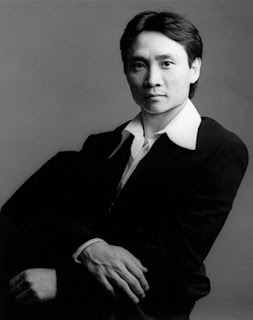A dorky, corny, silly book for pre-teens on puberty – but very funny nonetheless!!! This usually wouldn’t be my choice of book for a good read but since I had already read one of her books – “Fala Sério Amor” – about a year ago and had almost literally wet my pants of so much laughing I thought I would read this one as well.
Talita Rebouças has a different style of writing. You can read one of her books in a day if you wish to do so as the major part of her books are dialogues and there is little narration. A lot of people complain about her style of writing as they say it’s completely void of talent but I think that just by her being able to capture such a large crowd of young readers is already a proof of her talent as not all writers are able to do so.
The book is sweet and cuddly while at the same time keeping the readers humor alive and holding on to his sides from time to time. She retells bits of her life spent together with her father – from the time she was born until she turned 21 and went to live on her own. The nice thing about it is the portrayal it gives of the father-daughter relationship and makes you realize (or remember, for those who have already realized!) that in the end, everything our father’s do they do it for our own good!
CHEERS TO ALL FATHER’S – My Daddy Boo being the best of them all!!!





